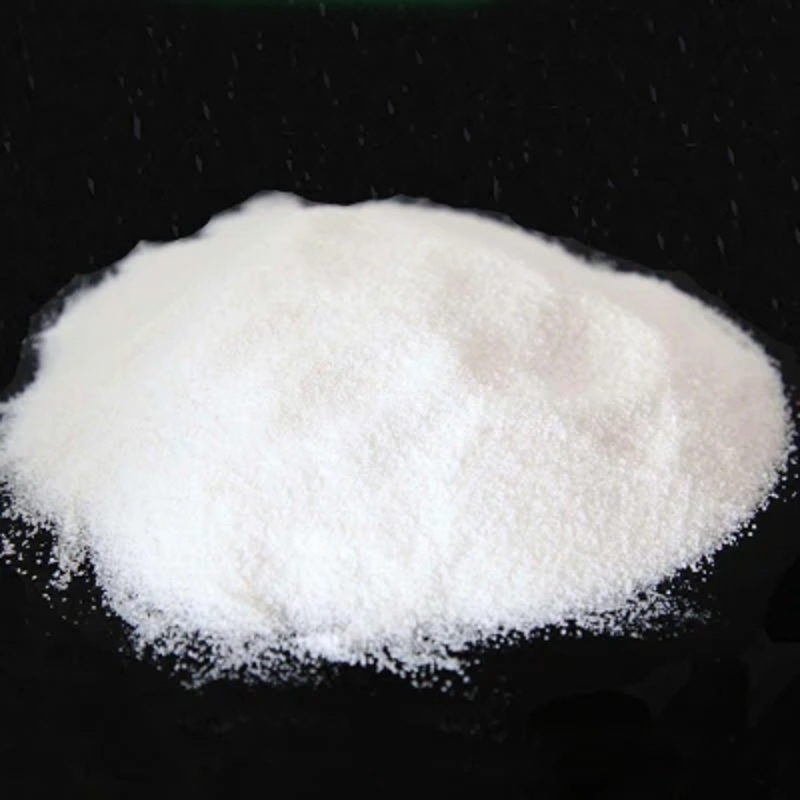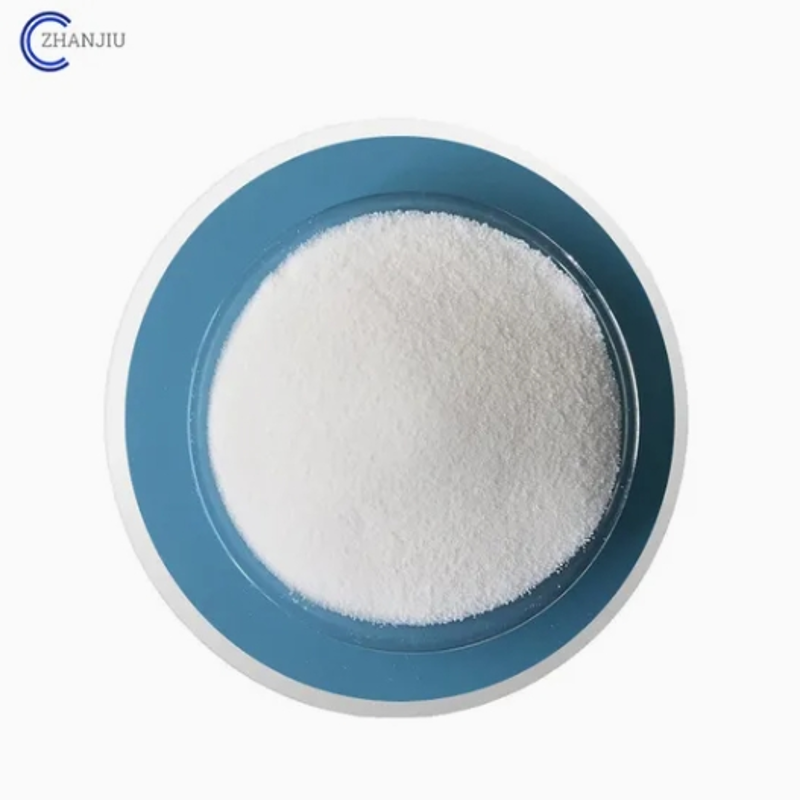-
Categories
-
Pharmaceutical Intermediates
-
Active Pharmaceutical Ingredients
-
Food Additives
- Industrial Coatings
- Agrochemicals
- Dyes and Pigments
- Surfactant
- Flavors and Fragrances
- Chemical Reagents
- Catalyst and Auxiliary
- Natural Products
- Inorganic Chemistry
-
Organic Chemistry
-
Biochemical Engineering
- Analytical Chemistry
-
Cosmetic Ingredient
- Water Treatment Chemical
-
Pharmaceutical Intermediates
Promotion
ECHEMI Mall
Wholesale
Weekly Price
Exhibition
News
-
Trade Service
Original title: Western media: eating habits bring health concerns The Chinese government is committed to dealing with high salt consumption
According to Western media, the
China
epidemic is tilted towards cardiovascular disease (embolism, ischemia heart disease,
hypertension
sex heart disease, etc.), and the risks associated with
diet
have become one of the main causes of death and disability cases in recent years. Since Chinese's
salt salt
intake is much higher than recommended, the Chinese government, in cooperation with
World Health Organization
, has launched a number of public
campaigns to raise public awareness
and help
households
,
schools
, workplaces and the
food industry
to reduce salt use.
the four leading causes of death, embolism, heart disease, chronic obstructive pulmonary disease and lung cancer, are linked to lifestyle, Spain's La Revolt newspaper reported on October 23. The first two were associated with high blood pressure, which increased by 27% and 54%, respectively, between 2007 and 2017.
that some studies clearly show that people's lifestyles become more susceptible to cardiovascular disease. Practical observations have linked this change to increased income, increased urbanization, globalization and the replacement of fresh and homemade foods with processed foods.
addition, diet-related risks increased by 29.6 per cent between 2007 and 2017, according to the Global Burden of Disease Study.
salt is one of the ingredients that makes food delicious and delicious, but it is also a major source of sodium, according to the report. Increasing sodium intake can lead to high blood pressure, which increases the risk of embolism, infarction, and other cardiovascular diseases.
according to the World Health Organization, Chinese residents consume an average of 10.5 grams of salt a day, a much higher figure than the 6 grams recommended in the Dietary Guidelines for Chinese Residents.
in addition to adding salt to homemade foods, the Chinese salt intake exceeded the recommended value due to increased consumption of packaged foods and reduced dietary fiber intakes such as fruits, vegetables, and whole grain foods.
report, salt plays an increasingly important role in determining the diet and health of the population, given the rapid ageing of Chinese mouths and the fact that older people are more likely to suffer from high blood pressure and cardiovascular disease.
, reducing salt intake is considered one of the most effective strategies to improve health indicators and reduce deaths. The World Health Organization estimates that 2.5 million deaths worldwide could be prevented by reducing salt intake below the recommended level.
the World Health Organization, in cooperation with local organizations and the Chinese government, has launched a number of public campaigns to raise public awareness and help families, schools, workplaces and the food industry reduce salt use, the report said.
"Healthy China 2030" plan outline, by 2030, Chinese daily salt intake will be reduced by 20%.
respects WHO's mission and the UN's 2030 Sustainable Development Goals and is committed to reducing salt intake over the next decade to ensure a healthy life for its people, the report said.
.







